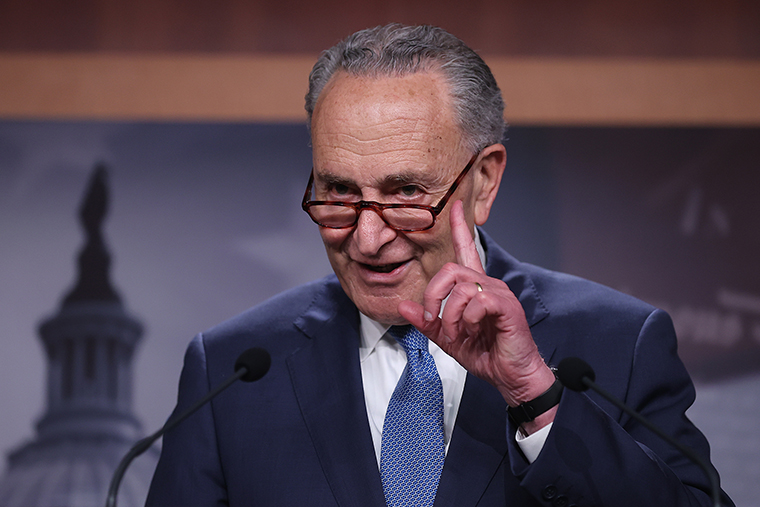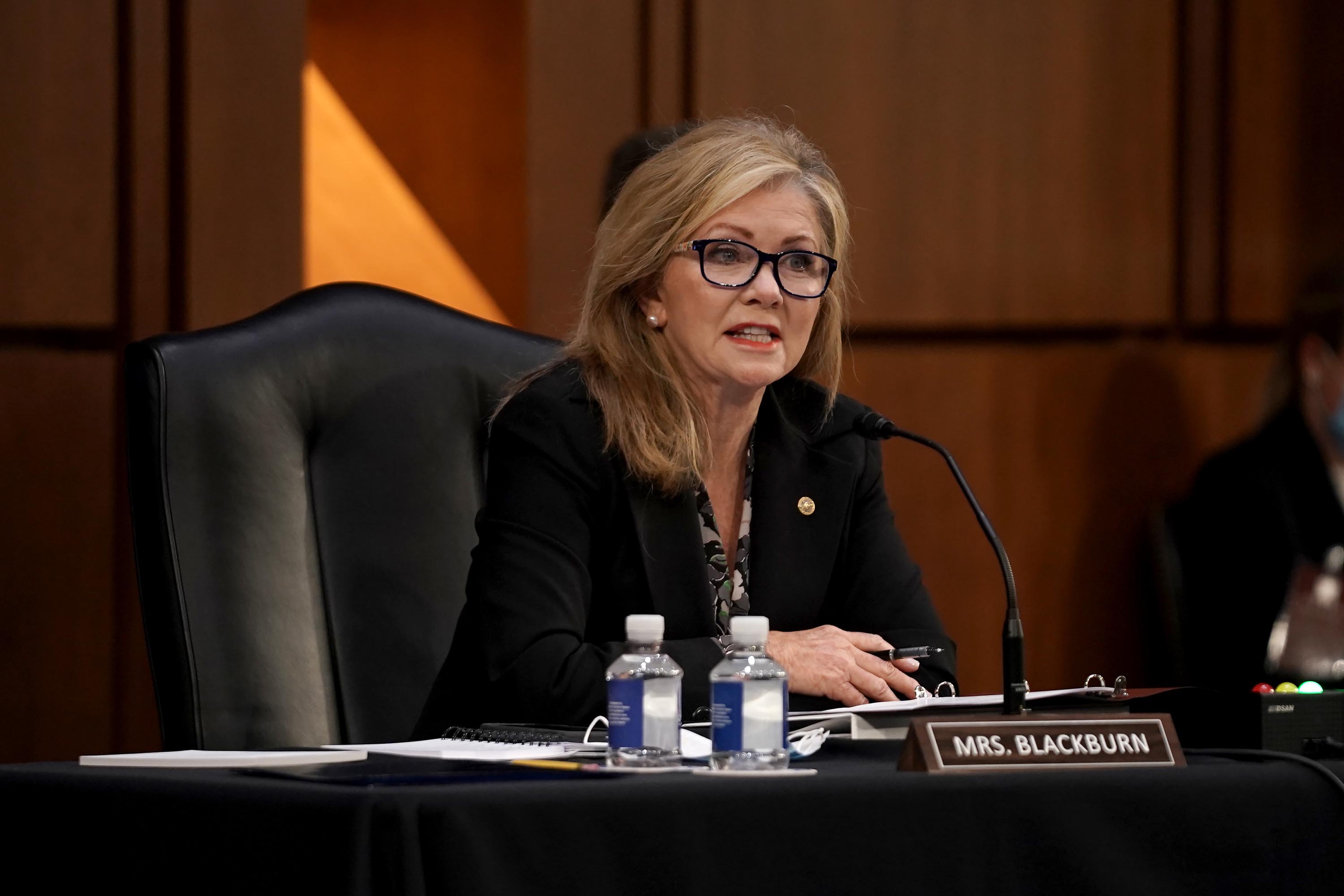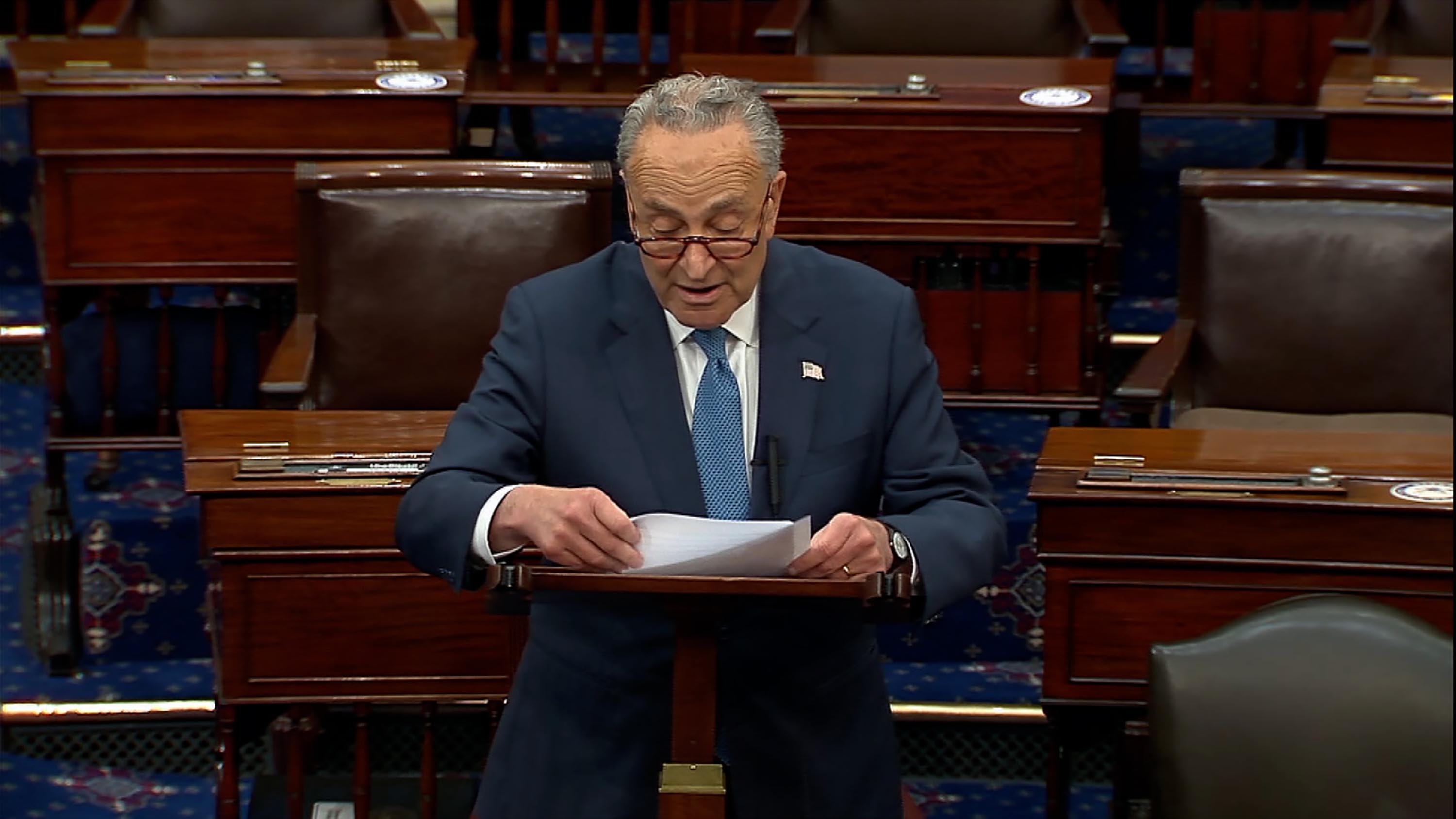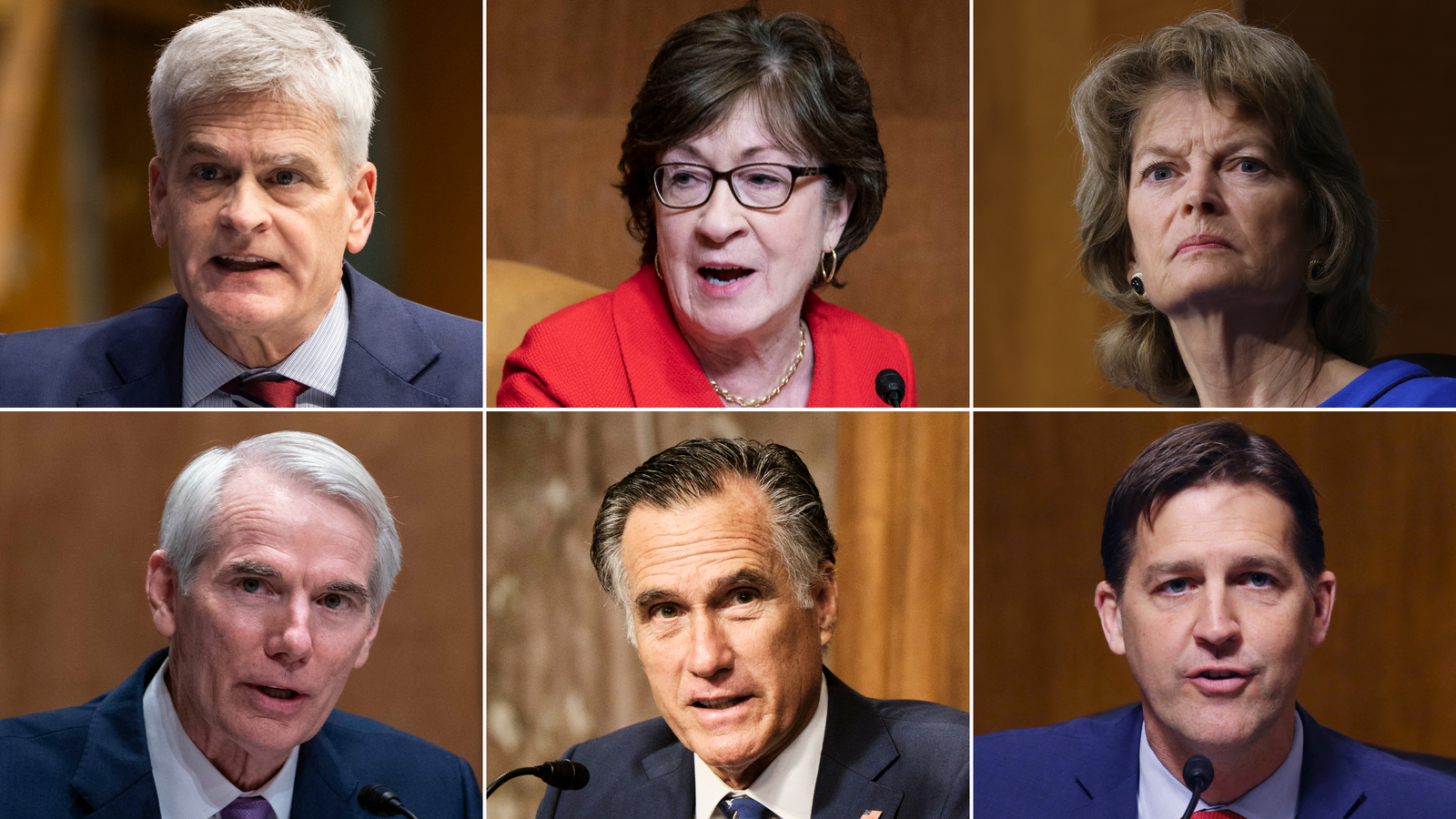House Democrats are actively considering mounting a probe of their own into the Jan. 6 Capitol attack, signaling they don't plan to let the issue go away in the aftermath of Senate Republicans derailing the creation of an outside commission to probe the deadly insurrection.
House Speaker Nancy Pelosi has made clear repeatedly that moving to create a select committee has always remained a fallback option — something that would require support of a majority of the Democratic-led House to create. And a number of Democrats said on Friday that they believe Pelosi will indeed create the new committee — and that the caucus would strongly support such an effort.
"That's her next move," one senior House Democrat said Friday.
Rep. Joaquin Castro, a Texas Democrat who served as an impeachment manager in Trump's second trial, said the Senate should pass a bill creating an outside commission.
"However, in the event that it fails, the Congress should create a select committee to fully investigate the causes and consequences of the insurrection on Jan. 6," Castro told CNN.
If the House creates such a panel, it would give Democrats the power to issue subpoenas and schedule hearings and to drive an investigation into the causes of the attack and former President Trump's role behind it. And it would prompt a backlash from Republicans who are already trying to paint such an effort as a partisan endeavor, despite their own role in scuttling a bipartisan outside panel comprised of 10 commissioners, equally divided between the two parties.
"I don't think a select committee is the proper way to go," House Minority Leader Kevin McCarthy told CNN last week, calling it a "Pelosi select committee."
Pelosi's office would not discuss her plans, but she has repeatedly made clear that her preference would be to create a bipartisan outside commission and that a select committee remained a clear option on the table. Doing so might create a turf war with existing House committee chairs, but Democratic lawmakers on Friday downplayed that likelihood given the desire among their caucus to mount a sprawling investigation into what happened.
In a statement on Friday after Republicans successfully filibustered the bill to create the commission, Pelosi signaled the job wasn't done.
“Honoring our responsibility to the Congress in which we serve and the Country which we love, Democrats will proceed to find the truth," Pelosi said in a Friday statement.
Republicans on Friday said they recognized this was a likely next step. To Senate Republicans who opposed the commission, they said that if Pelosi takes that step, it would be easier to contend such a probe would be geared at helping Democrats in the 2022 midterms.
Yet other Republicans said they were perplexed that their colleagues wouldn't endorse a bipartisan commission, arguing their party is ceding control to Democrats who are almost certain to mount a headline-generating probe into everything that happened on Jan. 6.
"Without this commission, there will still be an investigation," said Sen. Bill Cassidy, a Louisiana Republican who voted with five other Senate Republicans to bring the measure forward for debate. "But it will be a House-select committee set up by Speaker Pelosi — the nature of which will be dictated by Democrats and would stretch on for years."
In the Senate, two separate committees — the Senate Rules Committee and Senate Homeland Security and Governmental Affairs Committee — are both conducting probes about the lack of security preparedness on Jan. 6 and will issue a report on the week of June 7. But those investigations are narrowly focused on the response effort that day, rather than the causes behind the insurrection.
On Friday, Senate Majority Leader Chuck Schumer would not say if he believes his committee chairmen should mount their own investigation into the Jan. 6 attack.
But he made clear he thinks the House should move ahead.
“We preferred to do it bipartisan,” Schumer said. “Every Democrat voted for bipartisan, but facts must come out,” he said when asked whether the findings from a Democrat-led committee would be credible.








